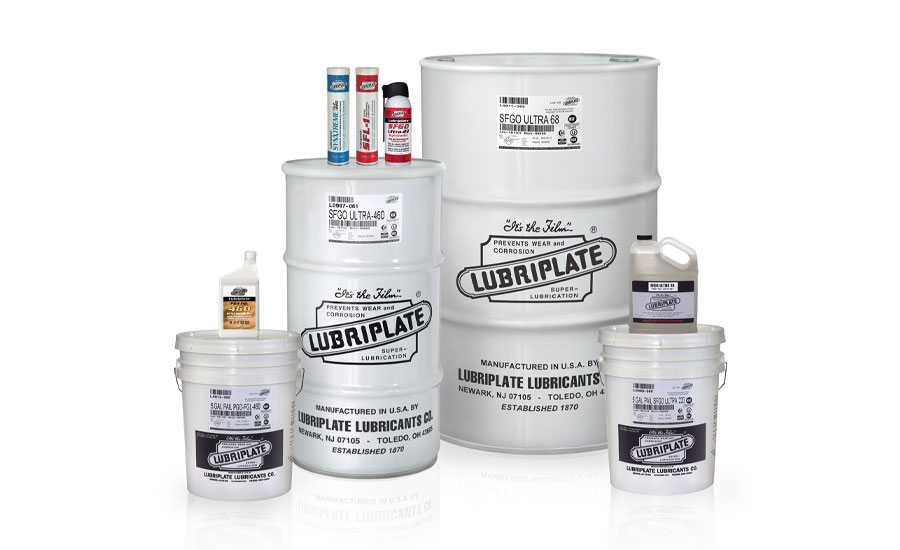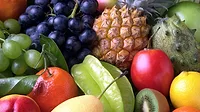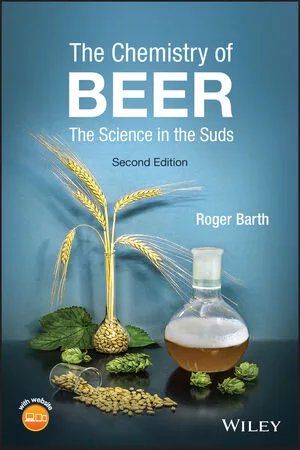Lubricant suppliers address allergens, certifications in name of safety
Short-term supply chain constraints impact lubricants market

Photo credit ShutterWorx/courtesy of Getty Images
In the episode “Touch-Down Tommy” of the animated show “Rugrats,” dad Stu tries to ease mom Didi’s concerns about him and the other dads watching the babies during the “Ultra Bowl” while she’s out by inventing the Bonk-o-Matic Baby Bumper ― essentially a helmet made from materials around the house. While the dads are glued to the big game on the TV, the babies get into their own hijinks with a bottle of chocolate milk, but the babies all remain safe thanks to the Bonk-o-Matic Baby Bumper.
Although less comical than seeing a bunch of babies and toddlers wearing makeshift helmets, food safety measures has prompted beverage manufacturers to take a greater look at the different ways to protect the integrity, efficacy and safety of their products, such as the utilization of food-grade lubricants.
According to the Grand View Research report titled “Food Grade Lubricants Market Size & Share Report, 2021-2028,” the global food-grade lubricants market size reached a value of $309.7 million in 2020 and is projected to increase at a compound annual growth rate of 8.6% from 2021 to 2028. Although food applications accounted for 62.2% of food-grade lubricants, the report notes that the beverage market is contributing to this increased demand.
“A significant rise in demand for alcoholic beverages from the millennial population across the globe is substantially propelling the demand for alcoholic beverages,” the report states. “The rising importance of leading a healthy lifestyle is propelling the demand for fruit beverages. Additionally, increasing concerns regarding various health issues, including nutritional deficiencies and obesity, is anticipated to boost the demand for fruit beverages, thereby creating demand for the product.”
Ellie Girard, Southern California district manager for LUBRIPLATE Lubricants, Newark, N.J., explains that the use of food-grade lubricants is a constant for beverage processing facilities when it comes to food safety.
“One thing that that does not change when it comes to food safety is the importance of utilizing NSF/H1 food machinery lubricants across the entirety of beverage plants,” Girard says. “There are NSF/H1 oils and greases available for all types of applications at these facilities. And, when you are using 100% NSF/H1 food machinery lubricants, lubricants can be eliminated as a potential chemical hazard in HACCP plans.”

Image courtesy of LUBRIPLATE Lubricants
Although food-grade lubricants are necessary for food and beverage processing facilities, manufacturers are requesting specific certifications. Girard expects the lubricants market will see more suppliers obtaining these in-demand certifications.
“More and more lubricant manufacturers will obtain ISO 21469 certification for their NSF/H1 food machinery lubricants,” Girard says. “This certification not only looks at the formula of the lubricant itself, but also examines the manufacturing process and storage of the lubricant. Many food and beverage plants are requiring their lubricants have ISO 21469 certification.”
Girard also notes that beverage manufacturers are finding ways to simplify how they utilize the products.
“I believe beverage manufacturers will continue to seek ways to streamline their lubrication programs by consolidating down the number of lubricants they are using as well as implementing color-coded lubrication programs to eliminate chances of misapplication,” she says.
Another factor impacting the food-grade lubricants market is the ever-growing demand for allergen-free solutions.
“We continue to see an increase in requests for allergen-free H1/food grade due to the rise of dairy-free, nut-free and plant-based beverage alternatives,” Girard says. “Be sure that your NSF/H1 food machinery lubricant supplier can provide this for you to ensure the products do not contain any major allergens.”
Short-term and long-term impacts
As lubricant suppliers adjust to meet the growing demands of its food and beverage partners, the market is still navigating supply chain constraints.
“The biggest concern we are hearing from beverage manufacturers is making sure that our product inventory is available,” Girard says. “Supply chain issues continue to be a struggle for all, and these manufacturers cannot afford to endure a shut-down for any reason. It is necessary to have regional inventory.”
And, like many beverage processing, packaging and delivery operations, the lubricants market also is seeing sustainability have a greater impact.
“We are operating in a time where sustainability and environmentally friendly products are important to the entire supply chain,” Girard says. “At LUBRIPLATE, we have a full-line of environmentally friendly lubricants which will appeal to an operation which is trying to become more sustainable. These types of lubricants will last longer resulting in less oil changes and even offer certain levels of biodegradability.”
As lubricant suppliers address the short-term and long-term needs of its customers, beverage manufacturers can feel secure that their operations will continue to operate like a well-oiled machine.
Looking for a reprint of this article?
From high-res PDFs to custom plaques, order your copy today!






